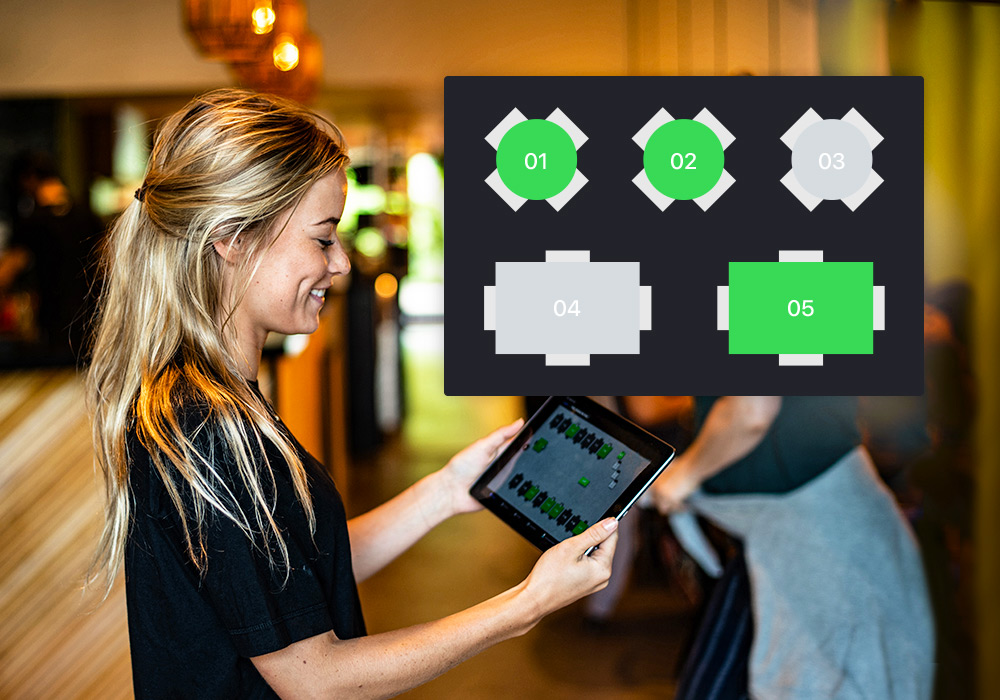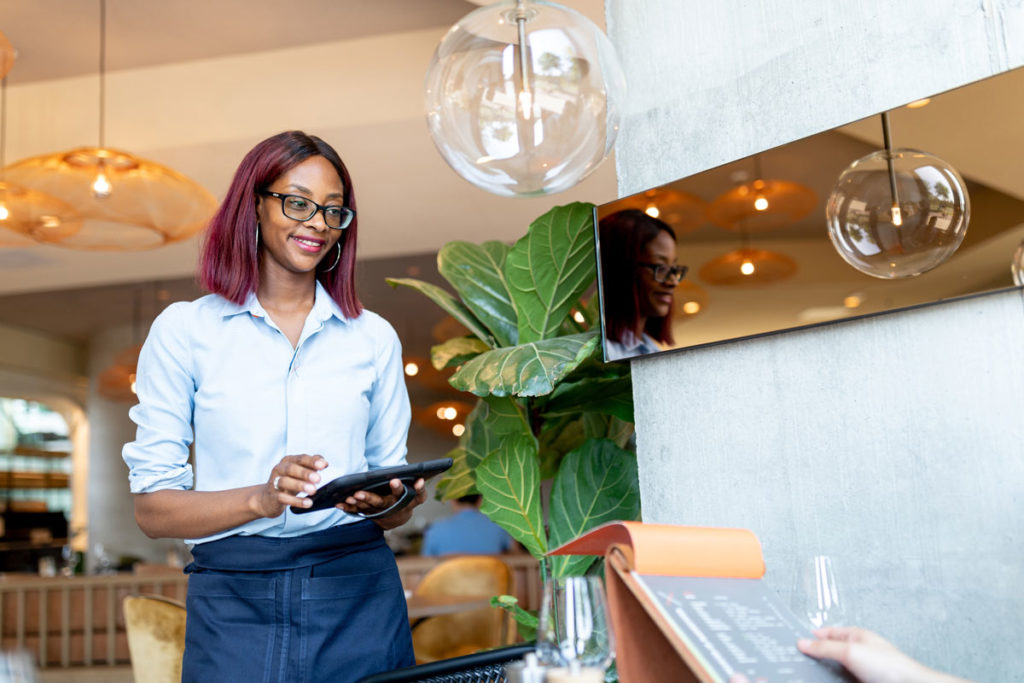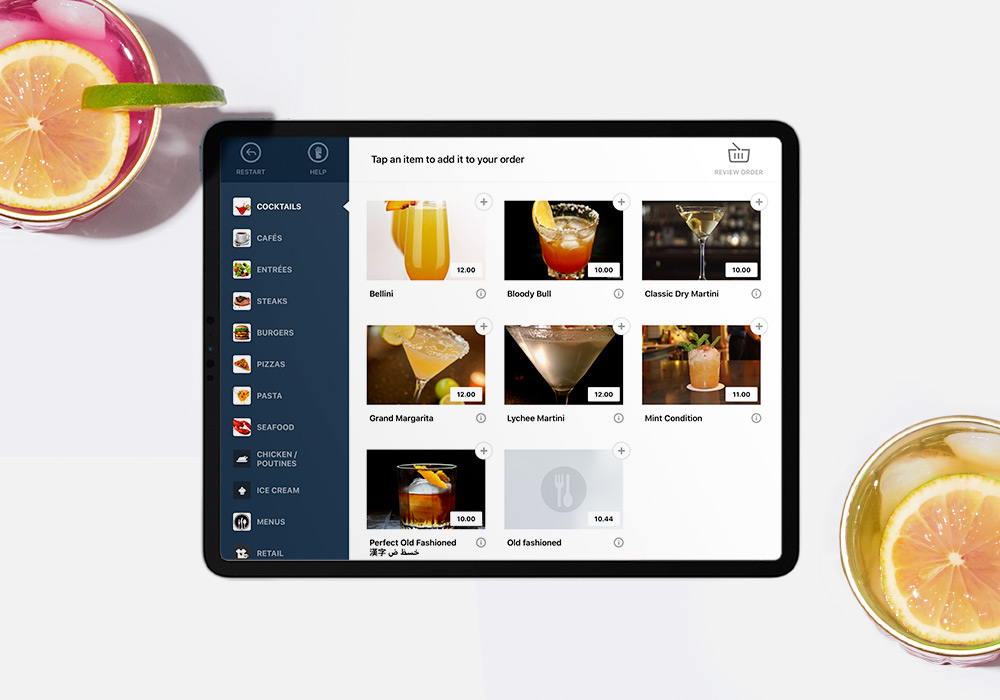Sincerely, BLLA
Embracing technology: evolving trends in the boutique hotel industry
2020 has become the year of reinvention for the hospitality industry, with boutique hotels around the world taking a hard look at their processes and...
Sincerely, BLLA
2020 has become the year of reinvention for the hospitality industry, with boutique hotels around the world taking a hard look at their processes and...
2020 has become the year of reinvention for the hospitality industry, with boutique hotels around the world taking a hard look at their processes and shifting them to accommodate changing needs. As the dust begins to settle and our adjusted reality starts taking shape, some trends are here to stay. The importance of incorporating technology in day-to-day operations and managing evolving customer expectations has never been clearer.
Boutique hotels around the world are trying to navigate the fine line of regaining their customers’ trust, providing solutions that adhere to ever-changing regulations while maintaining convenience for their customers, all in a completely different and unstable climate. By offering flexibility, listening to their customers and choosing technology partners that are in for the long haul, boutique hotels are showing the world what it means to be forward-thinking.

While changing processes and rethinking age-old systems might seem daunting, boutique hotels might be better suited for these evolving times. According to Anastasia Mann, Chairman and CEO of Corniche Travel, “Small establishments are easier to manage and keep clean, making them an ideal starting place to begin travel again.”
Reconfiguring social areas, increasing cleaning operations and wearing masks have become a regular part of daily operations and well known trends like having mobile options, contactless solutions, personalization and great tech are now becoming essentials in the hospitality industry.

The travel industry is becoming increasingly mobile with each passing day. With 81% of travelers naming their phone as their main travel accessory or device, it’s no wonder having mobile features as a part of the overall hotel experience has been increasing in recent years. While the “mobilification” of things is not new, the shift to mobile-first thinking has been fast-tracked due to the ongoing pandemic. Offering an experience that is mobile-friendly gives hotel goers and staff the flexibility to navigate the current environment.
Some recent mobile trends include:
Contactless services, from payments to ordering, have gone from being an interesting feature to a must-have for hospitality businesses around the world. Contactless options have become so much more common and easy to implement thanks to advances in mobile solutions that integrate with your existing hotel PMS.
Not only does offering mobile options or features give guests more control over their stay, it also allows staff to focus on providing a better customer experience, without having to worry about details like checking customers in or prepping room keys.
In moments where customer concerns over health and safety are at their highest, having staff that are able to focus on catering to guest needs, instead of manually inputting info, helps ensure a better experience.

Another advantage for boutique hotels? Their unique nature and focus on creating personalized experiences on a smaller scale has primed them to be able to handle changing situations. Due to their size, boutique hotels are known for catering to specific needs and providing experiences that revolve around a guests particular needs or wants.
A big part of offering personalized experiences is gathering data. Having an increasingly mobile approach to customer service can help get the data boutique hotels need to understand their customers. With 74% of guests wanting more customized messaging and offers and 88% of guests wanting a mobile app to make their experience more personalized, it’s time to listen to your customers.
Use your mobile app or loyalty programs to get to know customers and send personalized offers like room upgrades, special offers (welcome champagne glasses at dinner for example) or even exclusive access to amenities.
The most important consideration, however, is to give your customers options. Maybe your customers prefer mobile or kiosk check in, or maybe they’d rather check in with a member of your hotel staff at the counter. Giving customers options shows you care about their preferences.
A great way to get customer input is to send them a pre-arrival survey to gauge their concerns and preferences before they even get to your hotel. This will help you understand where your customer is coming from and what services might make sense for them and which ones to avoid.
Providing a more customer-centric experience means listening to their needs and giving them more control throughout their visit to help customers feel safe.
Technology has a big role to play in providing new solutions to customers in changing times. According to Lightspeed’s Business Development Manager of Mid-Market customers, Stefan Leacock, “the innovation is coming from the relatively newer tech companies who are able to quickly pivot to adapt to the needs of their clients. They’re not telling customers what they need, they’re supporting them by engaging in dialogue or roundtable discussions, and then delivering solid products that work”. There’s a wide range of tech out there all aiming to create a more seamless experience.
For Leacock, some of the things hotels across the board are implementing include:
One of the main things boutique hotels should look out for? Ease of integration.
Ultimately, choosing tech partners means looking at your broader toolset and finding something that works well with everything else. Easy integration with your PMS and other tools is the name of the game when it comes to selecting a partner.
For Leacock it’s about finding those new tools that provide convenience to both the guest and boutique hotel. “Using cloud-based companies that offer real-time integrations like Whistle for example, give hotel guests flexibility and convenience by allowing them to make purchases through sms-messaging. Those orders then go directly into their point of sale and print to the kitchen with zero friction.”
Opting for a point of sale that integrates easily with different platforms and also with your PMS is now a must-have. This is why a lot of boutique hotels that understand the systems are moving away from legacy systems and opting for solutions that play well with different integrations and allow for a range of different features. “Lightspeed is great because we integrate with those systems really well, because they are cloud based, they play well with each other,” says Leacock.
Besides integration and compatibility with your existing system, one of the main things to consider is reliability. Sure, you might want your technology to have all types of bells and whistles, but if you can’t count on the system on a daily basis or the support isn’t there, it’s likely your customers will feel it too.
For Leacock, it’s all about ensuring and maintaining trust, “At the end of the day, boutique hotels just need something that works and will be reliable so they can best serve their customers. Lack of reliability results in lack of trust. New features are great, but you need to trust that the tech you’re working on is going to be there when you need it.”
Whether it’s making your boutique hotel more mobile or offering contactless options, the key is to find technology partners that you can rely on that will be by your side during this next chapter in the hospitality industry.
Highlights from BLLA Insider Conversations – April 2025 In our latest BLLA Insider Conversations—an exclusive monthly series for members—Ariela sat...
As we prepare for the 2025 Boutique Hotel Investment Conference in New York City, we’re diving deeper into what it takes to fund and grow independent...
